The bank for International Settlements (BIS) has published a paper that shows how banks in Europe use Credit Default Swaps (CDS). They have analysed whether and how banks use the CDS market to buy or sell protection on the default of firms they lend to (via syndicated loans). Read more about the BIS-paper on our website.
Continue reading…
Gone are the days when organisations could simply promise a speak up culture. Today, fostering a culture of trust, integrity, and a positive work environment…
Download whitepaper



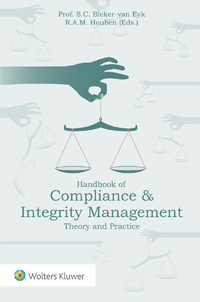
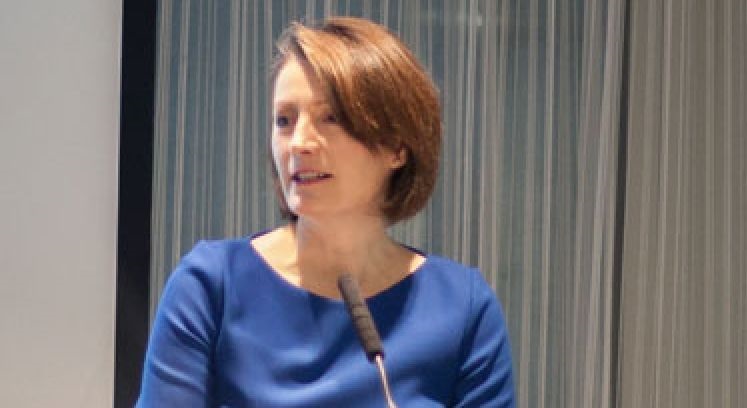



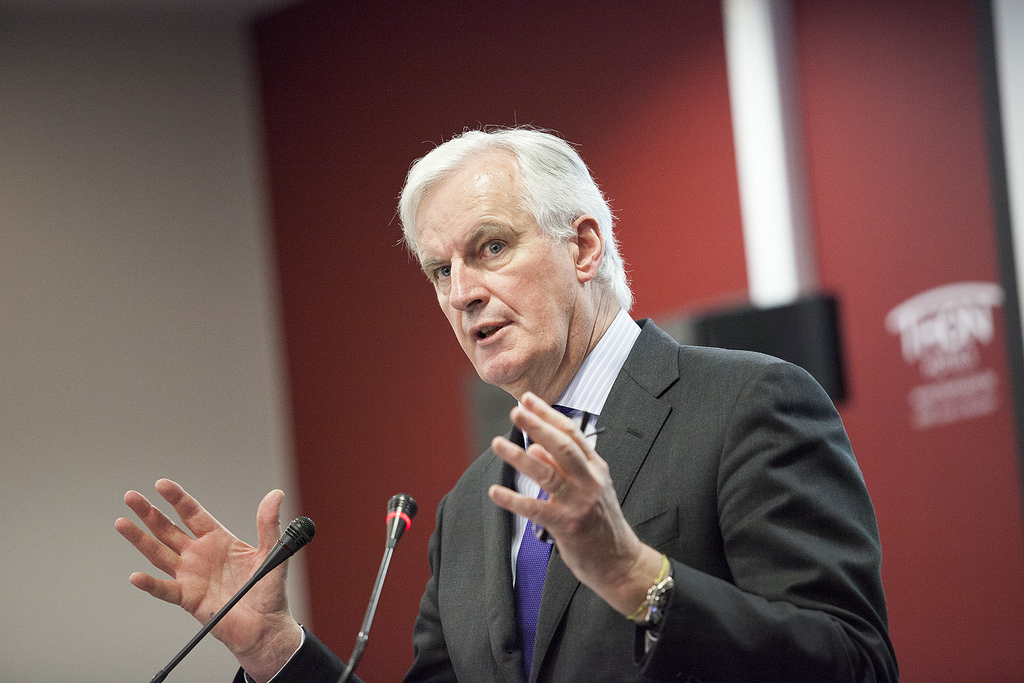



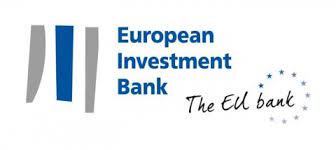
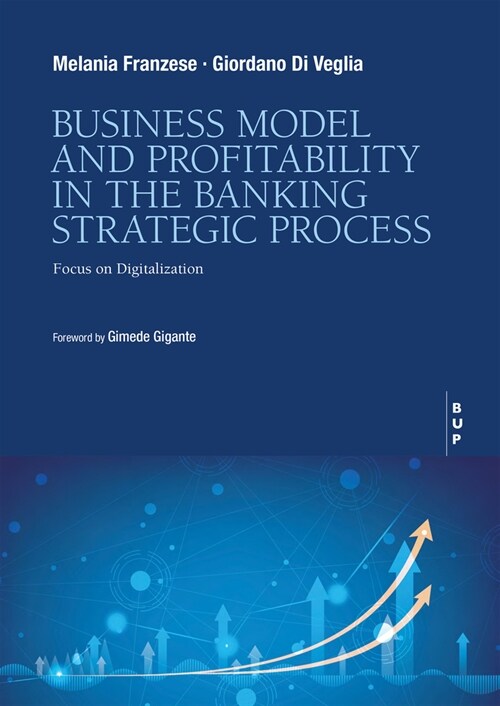
Handbook of Compliance & Integrity Management provides a scientific underpinning for the practice of compliance. The compliance discipline in companies and financial institutions has grown …
Continue reading…